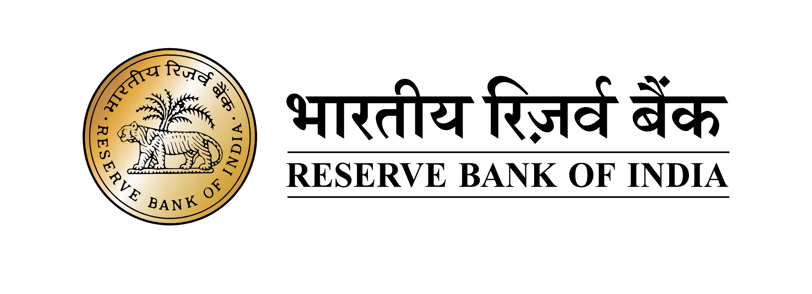RBI Approves Record Rs 2.11 Trillion Surplus Transfer to Central Government for FY24
The Reserve Bank of India's unprecedented surplus transfer of Rs 2.11 trillion to the central government for fiscal year 2024 marks the highest profit sharing ever by the central bank, exceeding budgeted expectations twofold.
ECONOMY | FINANCE


22 May 2024
The Reserve Bank of India (RBI) has announced that its central board of directors, during a meeting held on Wednesday, has approved the transfer of a record Rs 2.11 trillion as surplus to the central government for the fiscal year 2024. This unprecedented profit-sharing amount is more than double the Rs 1.02 trillion initially budgeted by the government for the year.
In an official statement, the RBI declared, "The central board of directors of the RBI approved the transfer of Rs 2,10,874 crore as surplus to the government for the accounting year 2023–24." This significant surplus has been calculated based on the economic capital framework (ECF) adopted by the RBI on August 26, 2019, following recommendations from a panel led by former RBI governor Bimal Jalan.
The 608th meeting of the central board, chaired by Governor Shaktikanta Das, reviewed the global and domestic economic conditions, including potential risks to the economic outlook. In addition to approving the surplus transfer, the board also sanctioned the RBI annual report and financial statements for the fiscal year 2024.
It is noteworthy that the Jalan panel had recommended maintaining risk provisioning under the contingent risk buffer (CRB) within a range of 6.5–5.5 percent of the RBI’s balance sheet. From the accounting years 2018–19 to 2021–22, in response to challenging macroeconomic conditions and the impact of the COVID-19 pandemic, the board decided to maintain the CRB at 5.50 percent to bolster growth and overall economic activity. However, with the resurgence of economic growth in FY23, the CRB increased to 6 percent.
Experts suggest that this higher dividend from the RBI will enhance the government's liquidity surplus and subsequently support increased expenditure.
